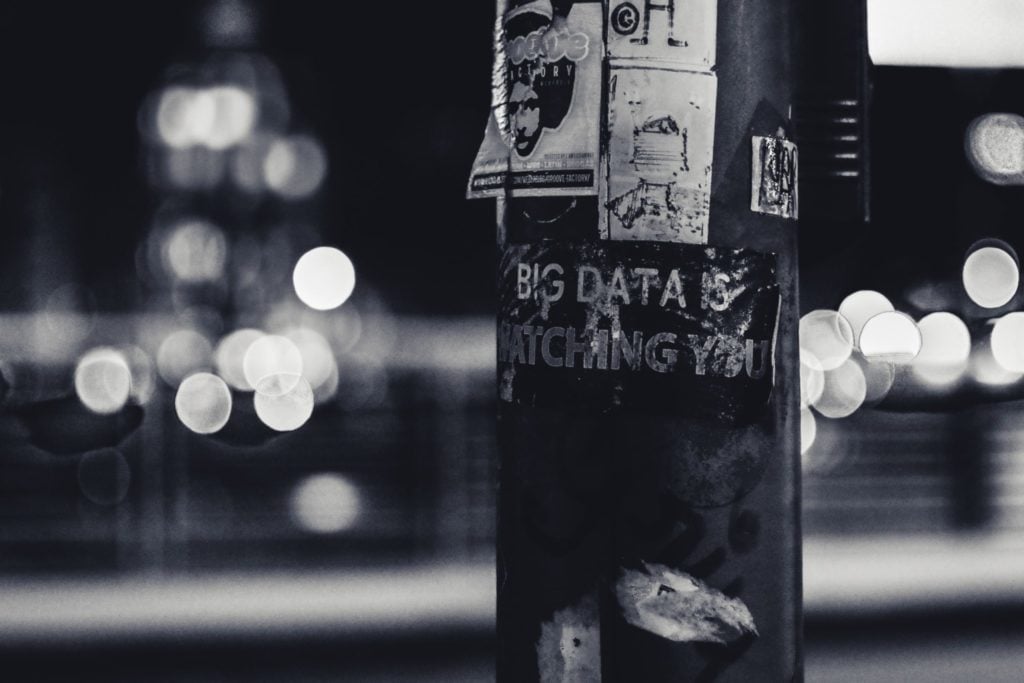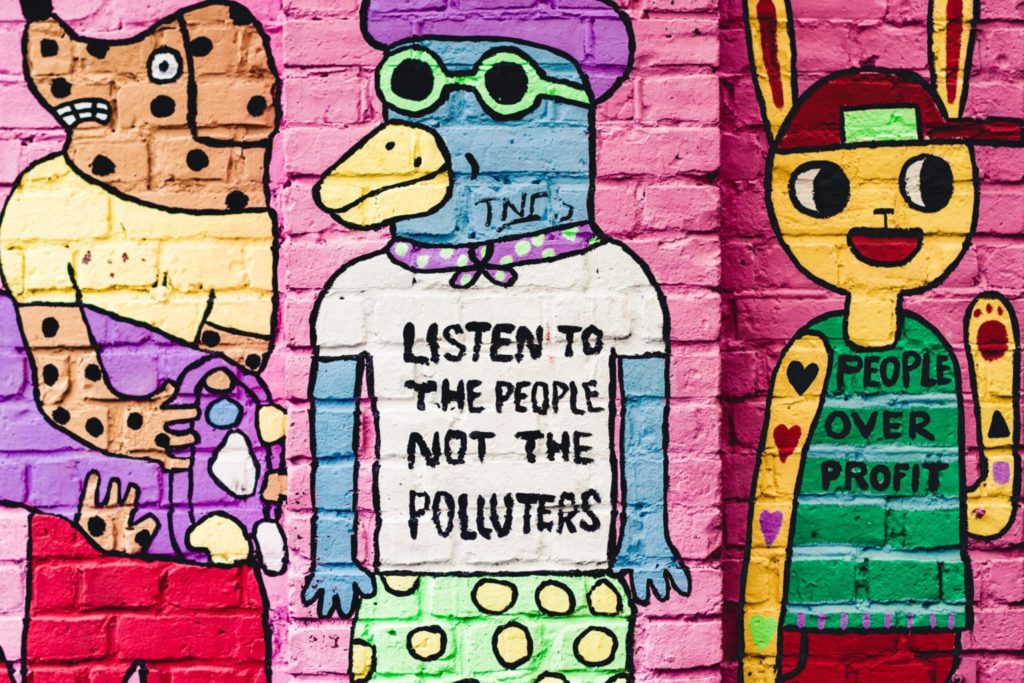We took a look into our crystal ball to predict what trends the events industry may see this year!
Events just got personal
Our first prediction is personalisation. This is going to continue to grow and influence the meetings industry, conferences and big events. Personalisation means that despite large numbers an event can feel bespoke and well thought out for each attendee. This, in turn, leads to gained value as attendees feel their needs are met.
Data-Driven Activity for 2020
Using data will be at the forefront of personalisation in event planning in 2020. Implementing that data to personalise an attendee’s experience will be key to what makes them stand out.
Choosing what to do at an event, especially larger scale events with hundreds of sessions, networking events, keynotes and more can feel very overwhelming. Giving attendees access to data-driven activity suggestions via a smart and well-designed app will be hugely beneficial. Taking advantage of algorithms based on attendees’ profiles and networks apps can make bespoke activity suggestions.
Attendees will feel that planners are catering the event to their needs, while planners can feel confident they are creating an engaging experience for all attendees.

Personalised Content and Resources
Receiving personalised content is 80% more effective and improves attendees’ overall opinion of your event. It is a fantastic way to stand out and increase engagement at events.
This can be as simple as including attendees’ names within emails, but event planners can take this further by segmenting your attendees and sending personalised content and resources to those segments. For example, let’s say an attendee downloads an e-book and watches a video on the same topic, you can then send them personalised content related to those previously viewed pieces to create a custom experience.
Plan Events Virtually
We believe the industry will continue to move forward with planning events virtually and cutting down on in-person site visits. The technology is already there to plan remotely.
You can do a lot of pre-planning by just going to venues sites. Most venues have floor plans, videos, and most basic information such as capacities and catering options on their site. However, taking it a step further, site-visits are now going virtual. From video meetings to VR venue tours planners can utilise technology to plan an event at a venue they have never even stepped foot in. Not only can this save planners time but also is more sustainable. Take a look at Venue Vue as an example.
Sustainability for all

Everyone is talking about sustainability as it is moves to the forefront of our minds, as it should be. Planners are responsible for the impact their events have on the earth. From banning single-use plastics, and educating attendees, to offering more plant-based catering. We also predict a rise in using recycled materials for event design. These small steps will propel the events industry forward towards reducing our carbon footprint and impact on the earth.
Wearable Tech Trends
Our next prediction for the event industry is wearable tech. This trend is transforming events and creating a seamless user experience. We have already seen this tech at festivals where wristbands can operate as a ticket, hotel key and wallet all in one and we predict more of this for the events industry as a whole.
RFID (radio frequency identification) technology has reshaped the way festival organisers control access, create new revenue streams, manage transactions, and engage with their audiences. The benefits include improved and faster guest check-in and entry, cashless systems, social media engagement, family reassurance as children can be tracked and located using this tech. Another impact is improved security and control, which is another big event industry trend this year.

RFID technology eradicates the chance of fraudulent passes that negatively impact revenues. The opportunity for theft and fraud is reduced when guests only need to wear a wristband. RFID wristbands are associated with encrypted, individual IDs, so it’s pretty much impossible to duplicate them. This type of technology is also essential for the collection of intelligent data and analytics on attendees’ behaviour. Data gathered from RFID system integrations can be used to improve future events and guest experiences.
Improved Cyber Security
Event registration platforms and management software hold a goldmine of information for hackers. And of course the more tech we incorporate into the industry the more aware of cyber and data security we will need to be – so our next event industry prediction is an acceleration in this area. Event professionals have the responsibility to protect our attendee’s personal data. With just a little phishing and a lapse in security on the events, hackers can have access to all the data they need to hack your attendees. Governments and companies all around the world have begun to implement several measures to ensure that data privacy becomes a reality starting with the GDPR roll-out, but serious investment in this kind of security is essential.
Event Staffing Predictions

In event staffing, the biggest changes will come in the form of IR35 and the change that could possibly have on how staff are categorised. Read our article on this here. We may be biased but we see tech being a major part of event staffing in 2020. As the industry becomes more professionalised the demand for tech to help sustain the industry has increased.
To finish, a quick word or two of wisdom from one of our founders:
“My prediction for 2020 would be more automation to reduce friction and increase the speed of back-office processes. Freeing up more time and resources to spend on building more personal relationships and loyalty with your temporary workforce.”
Mark Walls, Liveforce, Co-Founder





